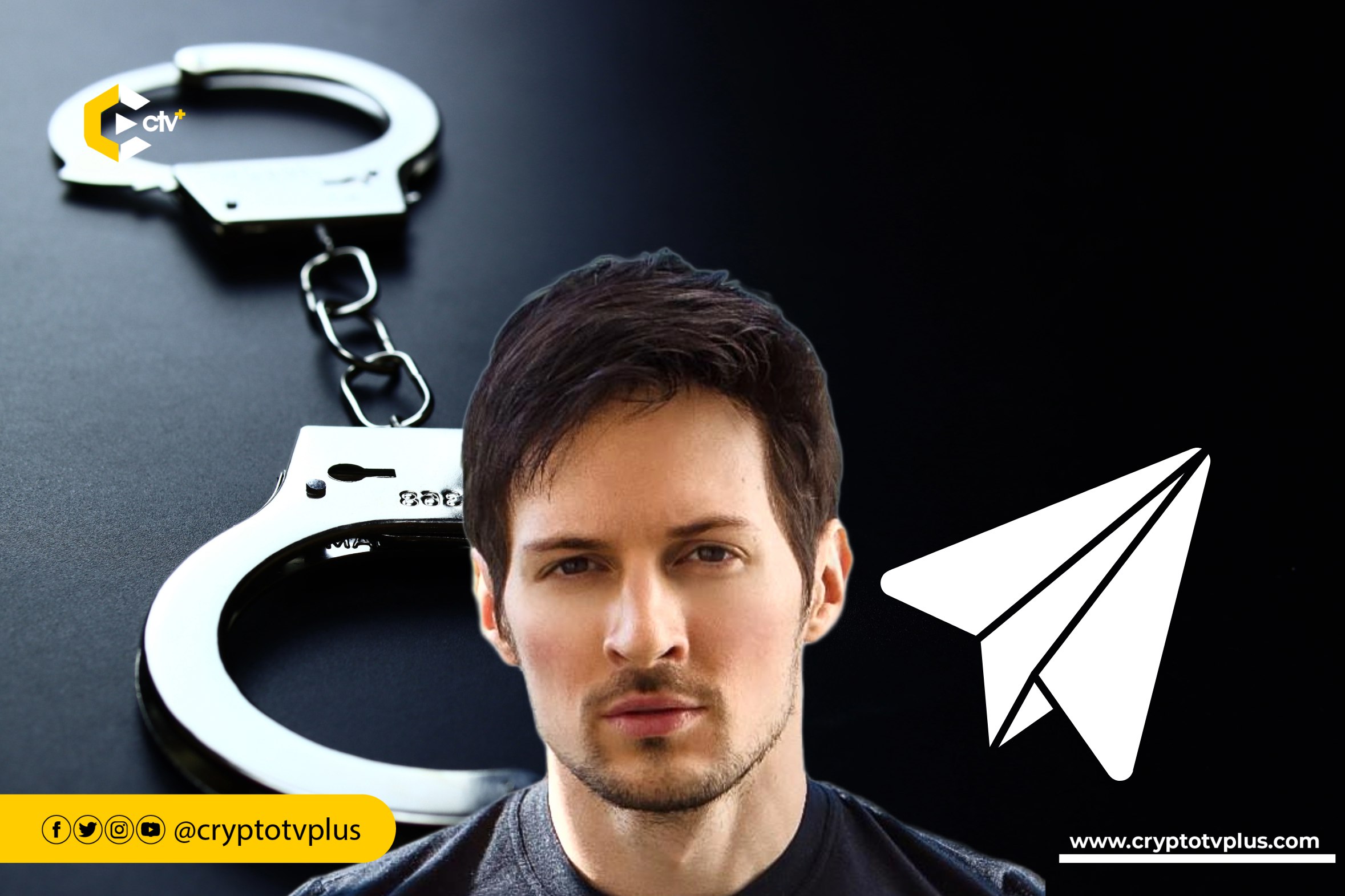News
Telegram CEO Pavel Durov heads to trial; what will the outcome be?

Telegram CEO Pavel Durov has been taken to court in Paris, France. Reports say that two police cars with flashing lights were seen leaving the anti-fraud office in the Paris suburbs where Durov was reportedly held. This situation might have serious consequences for Durov and the messaging app Telegram.
Pavel Durov, the founder and CEO of Telegram, was arrested on August 24, 2024 at Le Bourget Airport near Paris after arriving on a private plane from Azerbaijan. The arrest is part of a broader investigation by French authorities into alleged criminal activities on the Telegram platform and Durov’s lack of cooperation with law enforcement.
The investigation, which began on July 8, 2024, is looking into possible offenses such as complicity in the distribution of child pornography, drug trafficking, money laundering, and failure to provide information to authorities. Prosecutors allege that Telegram has failed to adequately stop the spread of child sexual abuse material on its platform and has not cooperated sufficiently with authorities.
Durov, who holds French citizenship, was detained for up to 96 hours as part of the cybercrime inquiry conducted by specialists. The arrest has sparked outrage from some who view it as government overreach and censorship, while others argue that platforms must be held accountable for user content and cooperate with authorities.
In Russia, where the Telegram founder is originally from, officials have criticized the arrest as an example of Western hypocrisy regarding free speech.
In other news, French President comments on the arrest of Telegram’s founder, Pavel Durov; says the arrest wasn’t politically motivated.
Influence of Telegram globally
Telegram has become a notable app in the Web3 space due to its historical evolution and key features. Launched in 2013 by Pavel and Nikolai Durov, Telegram quickly grew in popularity for its emphasis on privacy and security. It provided a platform for users to communicate in secure, encrypted chats, which appealed to those concerned about data privacy.
As the Web3 movement gained momentum, Telegram’s ability to support large group chats and channels became increasingly valuable. These features allowed Web3 projects to build and manage decentralized communities effectively.
Developers also took advantage of Telegram’s bot platform to create automated tools and services, which are often used in the Web3 space for managing tokens, handling transactions, and providing real-time updates.
Telegram’s focus on privacy resonated with Web3 users who value decentralization and control over their data. Additionally, the app has become a crucial platform for blockchain projects, serving as a primary communication channel for updates, support, and community engagement. It has also been used for announcing and managing token sales and airdrops, further affirming its role in the Web3 ecosystem.













1 Comment